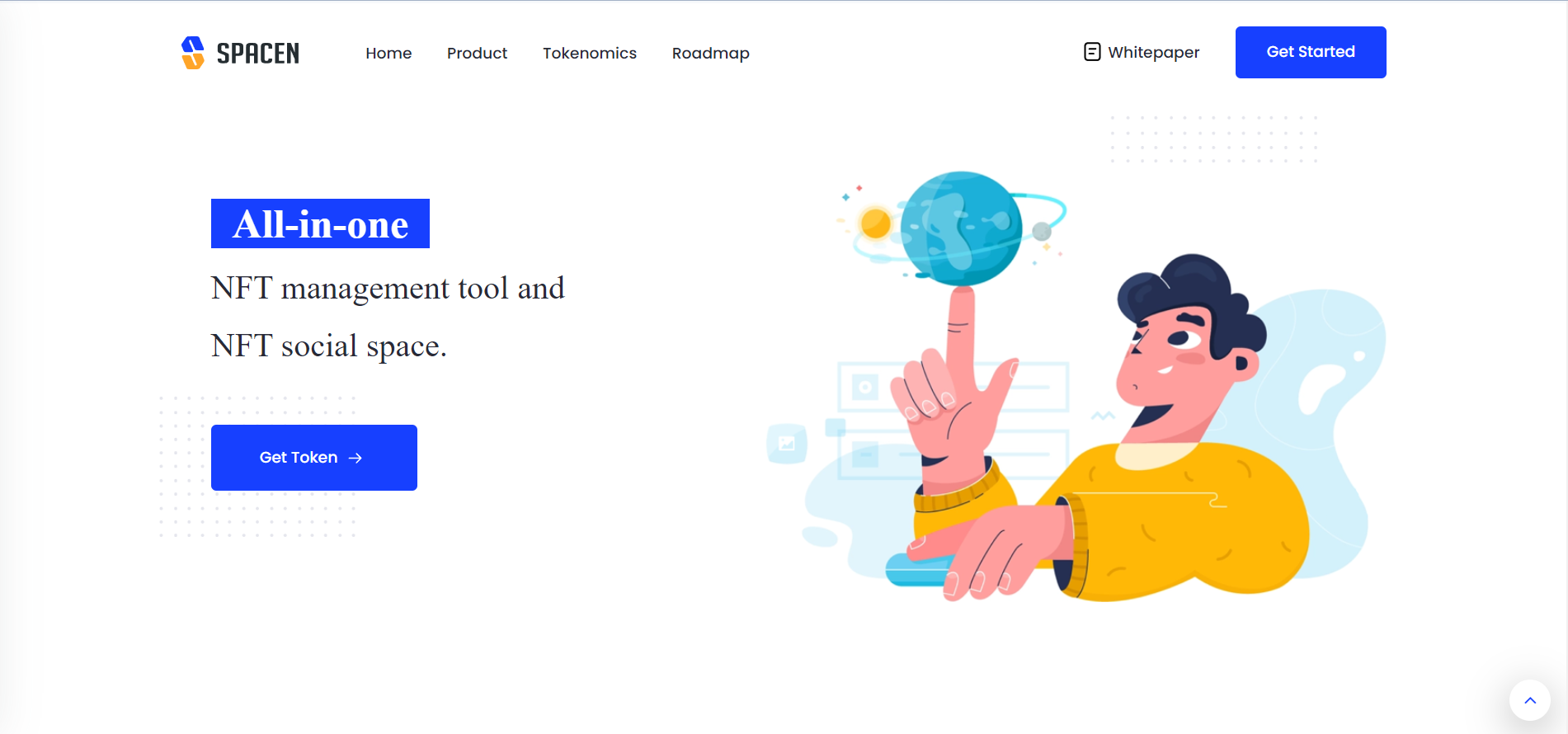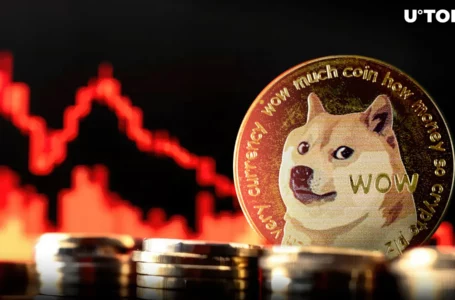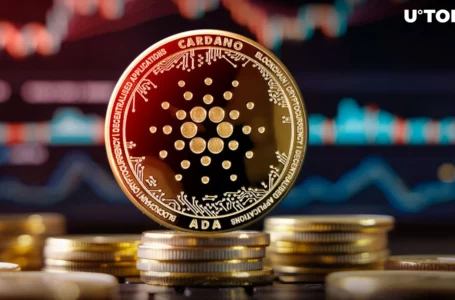
What Is SpaceN (SN)?
SpaceN is an NFT one-stop investment management tool. They will automatically count the investment income information of users buying and selling NFTs, so that users can timely understand the changes of their NFT assets. They will bring together the basic information and project dynamics of NFT projects to facilitate users to obtain valuable NFT project information in one stop. They will recommend corresponding social circles based on NFT holdings, so that users can find like-minded NFT holders or NFT traders. They will become a platform for users to build self-organized DAOs, so that users can build their own DAOs and sell their own NFTs.
Manage NFTs at a glance
Manage your NFT all in one place, tracking NFT value and activities. Master the investment performance with our key financial metrics.
Grasp NFT Collections at the first time
Bring all NFT Collections insights you need by ranking, trade data, whales tracking, social media news and more. Spotting premium NFT alpha by aggregate multiple sources of information.
NFT Club
Depending on the type of NFT youhold, SpaceN will automatically recommend clubs that suits you, join the club, and set up your own online and offline
activities.
The Space to build your DAO
The space for you to build DAO. Discuss your favorite NFT topics and even mint your own NFT Collections.
Token Utility
SpaceN Community Governance
Burn SN to open Creator Space
Create subDAO by staking SN
Pay SN to subscribe Creator Space
Community incentives. Reward community member who provide highquality project information, and community developers who contribute to the promotion of SpaceN.
System Architecture
SpaceN is divided into three layers as a whole, from bottom to top are the data layer, the service layer and the display layer.
The data layer is divided into blockchain, third-party on-chain data and social data.
1) Blockchain: The data source of user NFT assets.
2) ThirdPartyChainData: It is complementary to blockchain data sources.
3) Social data: Social data provides us with information on NFT projects
The service layer mainly includes the following modules:
1) User: User information, including the user’s on-chain address, user ID and other information.
2) NFT assets: Parse the user’s address and summarize the user’s NFT asset information, thereby generating a comprehensive portrait of the user’s NFT assets, including the user’s NFT data statistics and ROI information.
3) Top Collection: The most popular NFT project information at present, which is convenient for users to view NFT projects.
4) Social: SpaceN allows users to follow each other, making it easy for users to find friends with the same NFT preferences.
5) Favorite: Users can follow certain NFT projects so that they can track these NFT projects later.
6) DAO: SpaceN supports users to form their own DAO, and users can discuss any topic they are interested in in their DAO. The presentation layer is mainly divided into three modules:
1) NFT asset management: The UI will display the user’s NFT asset information in a comprehensive and detailed manner through various visual methods.
2) Explorer: Users can query the information of NFT projects they are interested in in this module, and can follow certain projects to facilitate tracking and follow-up.
3) Social: Users can follow each other, view follower and following asset information, and discover NFT enthusiasts with the same preferences and NFTs that they may be interested in.
Social
Feed flow: You can view the latest NFT transaction records of users in the SpaceN platform, and you can visit the user’s home page, Follow interested users. User list: recommend influential KOLs by means of profit ranking, net worth ranking, etc. NFT Club: According to the different types of NFT held by users, they are naturally divided into different clubs, and users can join Club, form your own online and offline activities
DAO
NFTSpace can become a platform for users to establish self-organized DAOs. Users can join or establish DAOs, and can set the conditions for joining DAOs, such as holding certain types of NFTs. The theme rules of DAO are completely autonomous by users, such as exchange NFT investment experience, and even sell their own NFT projects, and establish offline clubs.


















